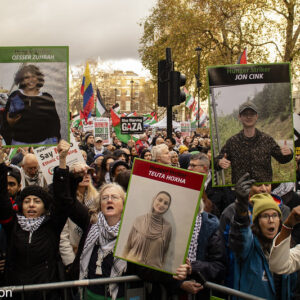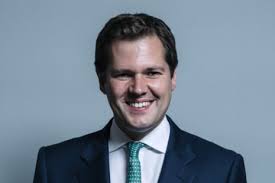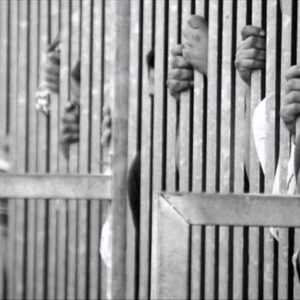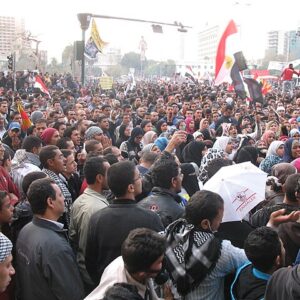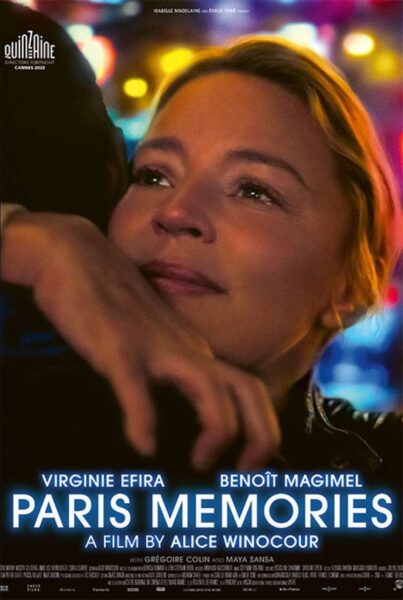
This wonderful film, just released, is based on the experiences of the director’s brother during the Bataclan attack in Paris in 2015.
Wonderfully acted, it is centred around the main character, Mia, who is a translator of Russian. It shows how she came to be in the bombed restaurant completely by chance. She had been in a different restaurant with her doctor partner, who was called away urgently. As she set off for home, she went into the bombed restaurant because it was pouring with rain.
You see her interactions with people before the shooting and explosion.
All of the attacks in 2015 had a significant impact on France. There was a feeling of a lack of safety.
This film successfully shows the effects of tragedy on different individuals, all of whom react slightly differently. They come together for weekly discussions.
Mia has totally lost all memory of the time after the attack started. She sets about trying to reconstruct what happened with the help of the others. All of them are trying to answer for themselves as to why it was they who survived and not others.
There was the daughter who was meant to be with her parents, who both died, but was with her girlfriend. The wife, who was not at her husband’s birthday party, could not now relate to him. Then you have the wife whose husband died, but she survived, and she accuses Mia of endangering them all.
I have not seen a film that has tried to show these effects. The changes made to people’s lives are usually dealt with in films on bombings, which usually deal with the wider picture or show people as heroes.
Mia slowly remembers and realises that an important part of her story is about a chef who hid with her.
This raises something important: the waiting and cooking staff have almost all been replaced, including this chef. They were nearly all Sans Papiers (undocumented migrants), often with false names. The owners had gotten rid of them. When Mia tracks any of them down, they are scared to talk.
So although the media makes huge propaganda about attacks, the individuals receive little help, apart from dealing with injuries or funerals.
I was with my son in Paris at the time of the Charlie Hebdo terrorist attack in 2015, in a restaurant, when everybody crowded around the TV to watch. They said not everybody was caught. We then went to get on the sleeper to Barcelona and were nervous about our fellow carriage occupant. We had not even been close to the attack.
This wonderfully acted film is well worth seeing and thinking about.
Art (54) Book Review (127) Books (114) Capitalism (68) China (81) Climate Emergency (99) Conservative Government (90) Conservative Party (45) COVID-19 (46) EcoSocialism (60) Elections (83) Europe (46) Fascism (62) Film (48) Film Review (68) France (72) Gaza (62) Imperialism (101) Israel (129) Italy (46) Keir Starmer (56) Labour Party (113) Long Read (42) Marxism (49) Marxist Theory (47) Palestine (182) pandemic (78) Protest (153) Russia (343) Solidarity (150) Statement (50) Trade Unionism (144) Ukraine (351) United States of America (139) War (370)
Latest Articles
- Palestine hunger strikes paused: It was love, not hate, that called me‘I want to make it abundantly clear that this is not about dying, because unlike the enemy, I love life, and my love for life, for people, is the reason why I have been incarcerated.’ ’These are the words of Heba Muraisi, the longest running hunger striker in Britain since the 1980s explains Caterina Teodoroiu.
- Prison, philosophy, familyDave Kellaway reviews Waiting for the Out currently on BBC and Iplayer
- Tories sack JenrickSimon Pearson reflects on the continuing death spiral of the Conservative Party
- Demands Met on 73rd Day as Three End StrikePrisoners for Palestine report on the end of the hunger strikes for some of the prisoners being held at Balfour.
- From the Ashes of the Arab SpringToday marks 15 years since the overthrow of Tunisian dictator Ben Ali, one of the high points of the Arab Spring. The events of 2011 gave rise to an impressive wave of revolutions. Almost all were bloodily suppressed. Jean Batou interviews Gilbert Achcar.


